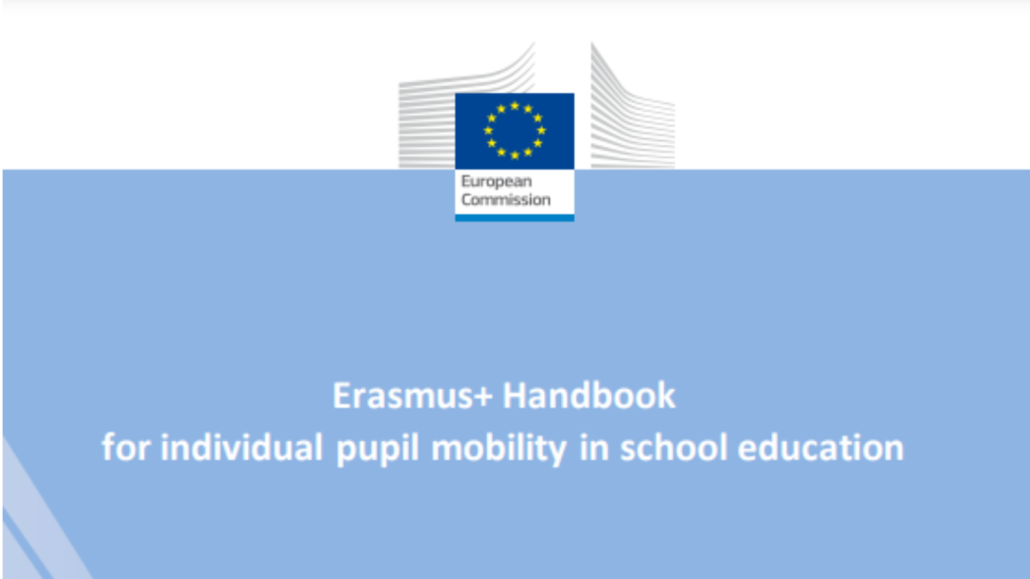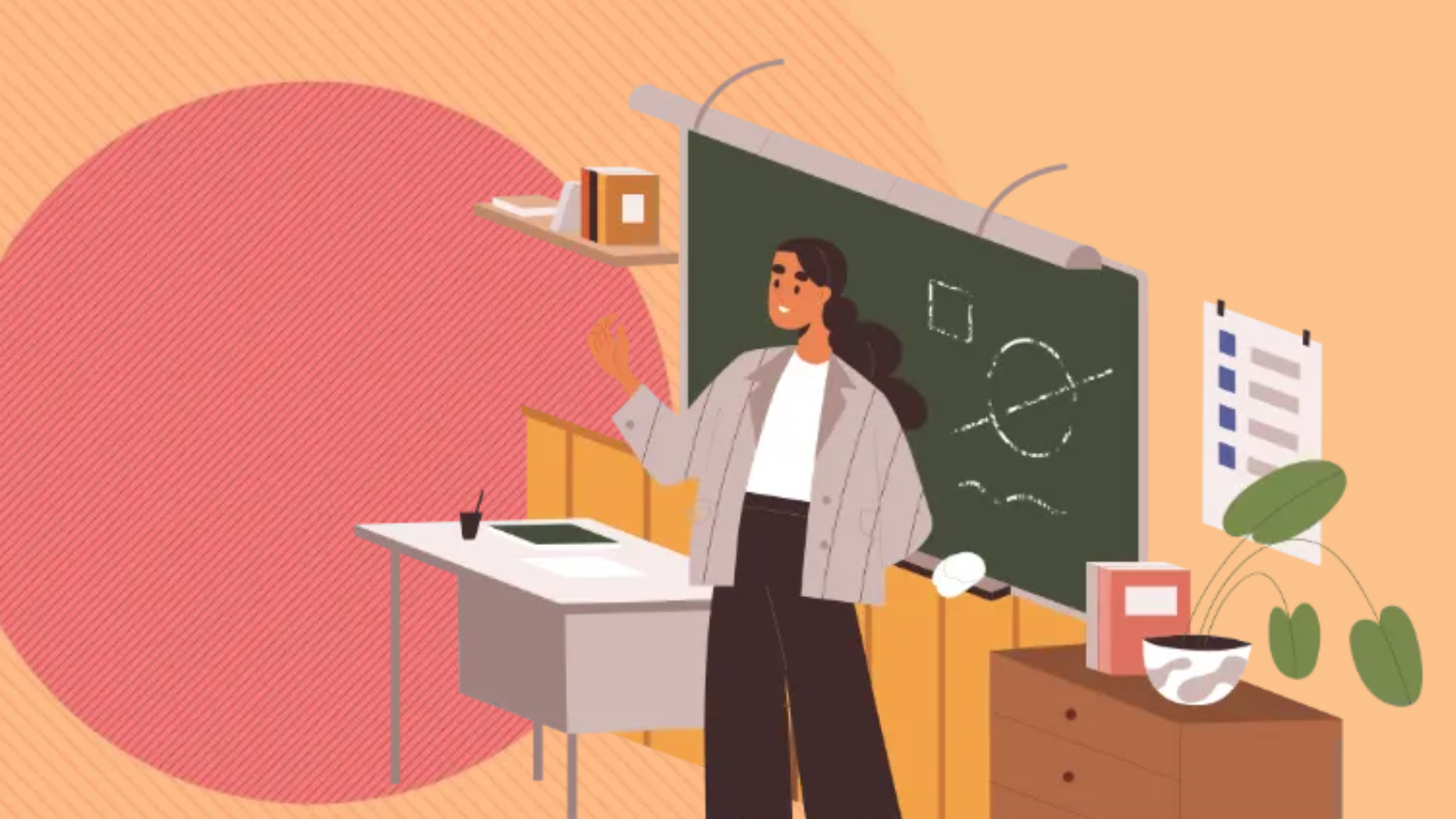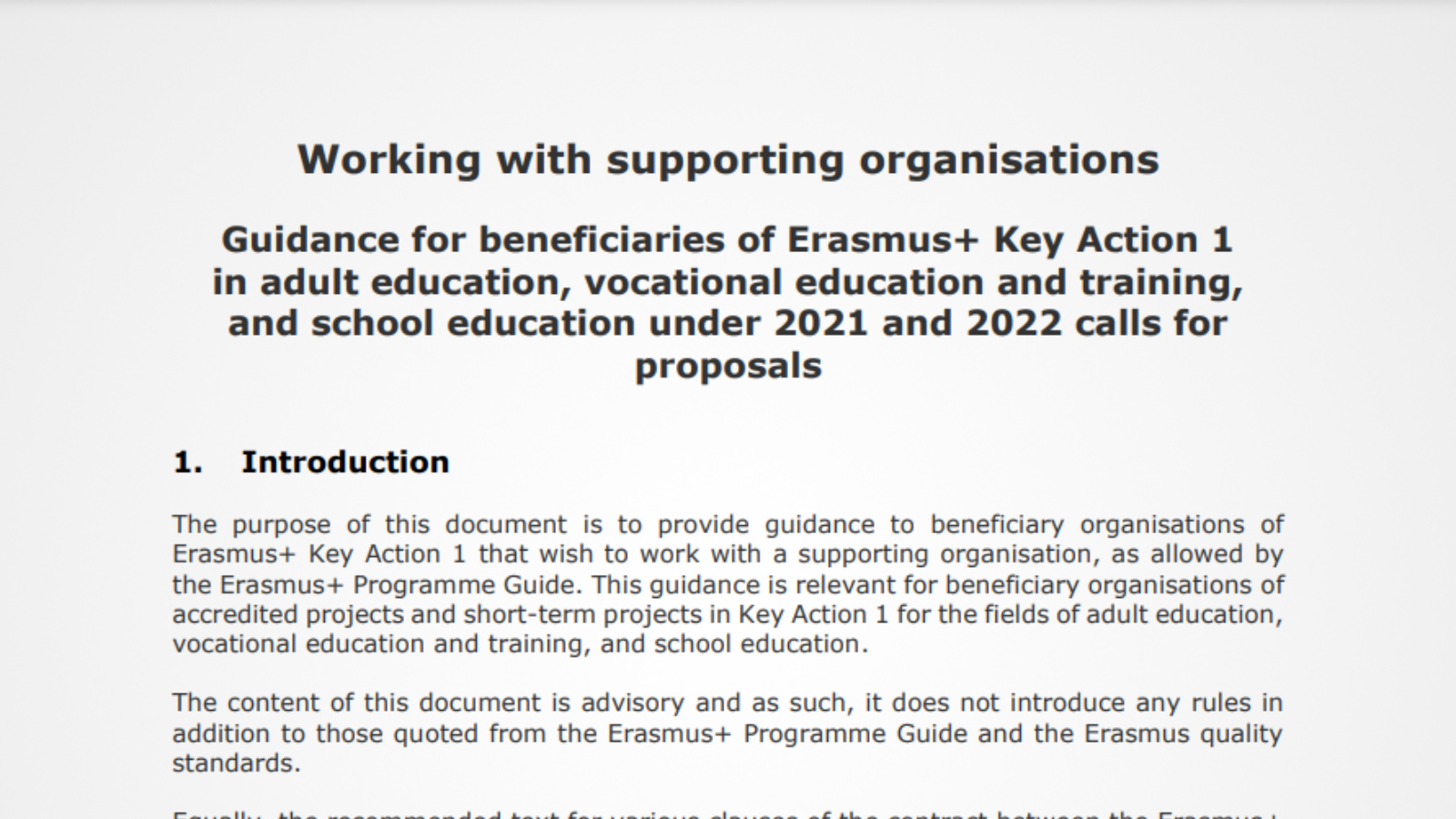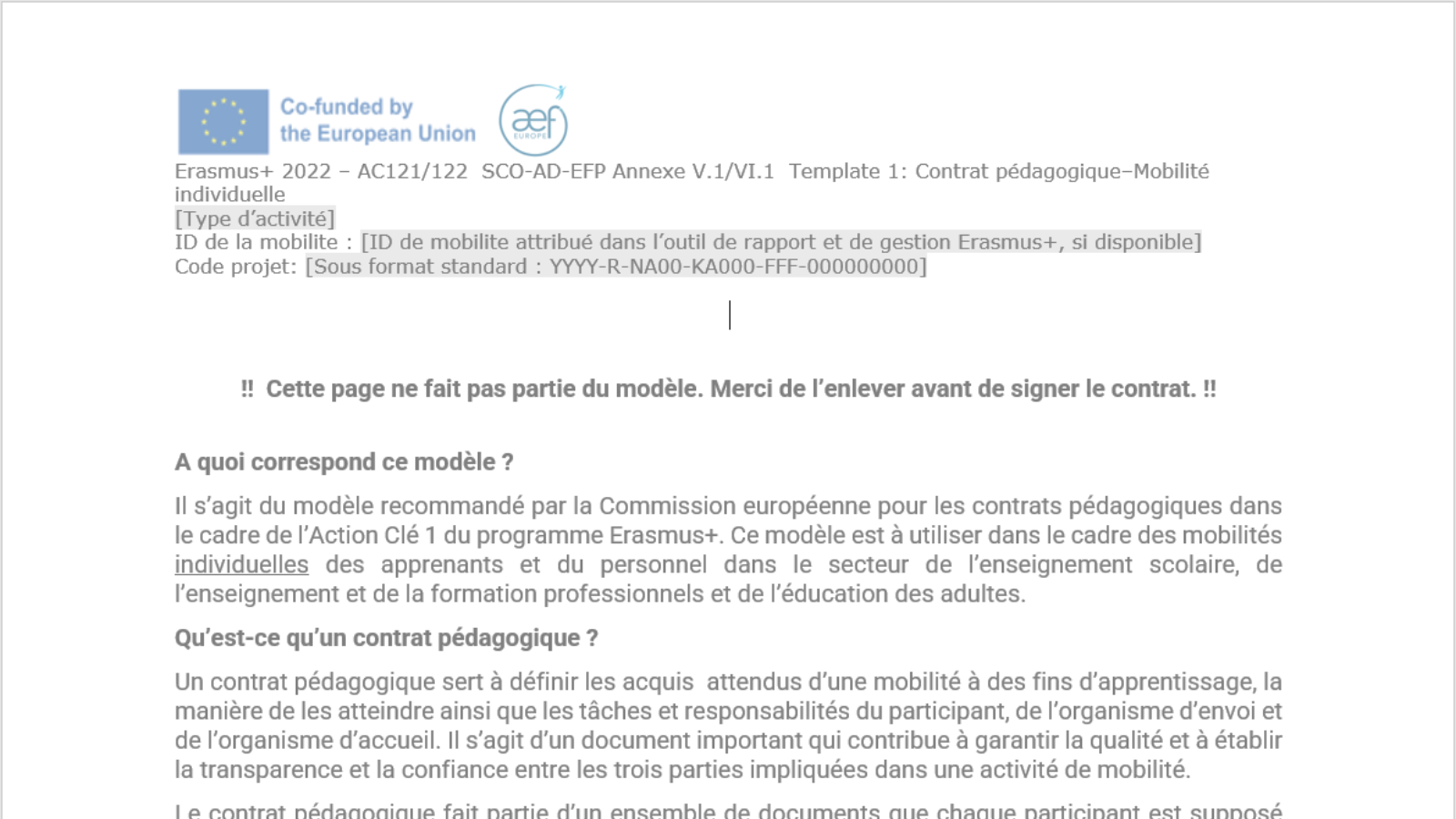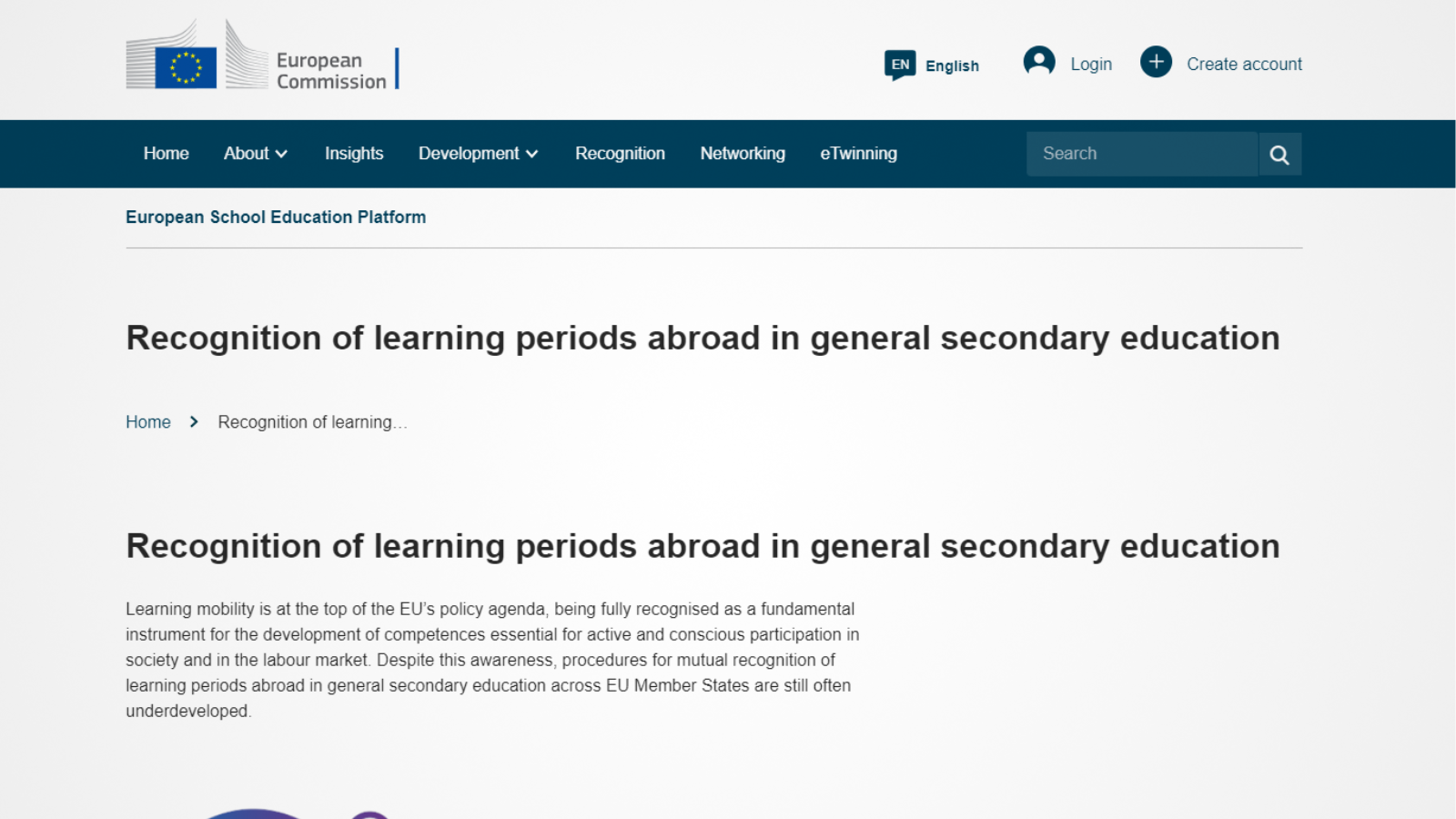INTERNATIONALISATION ABROAD
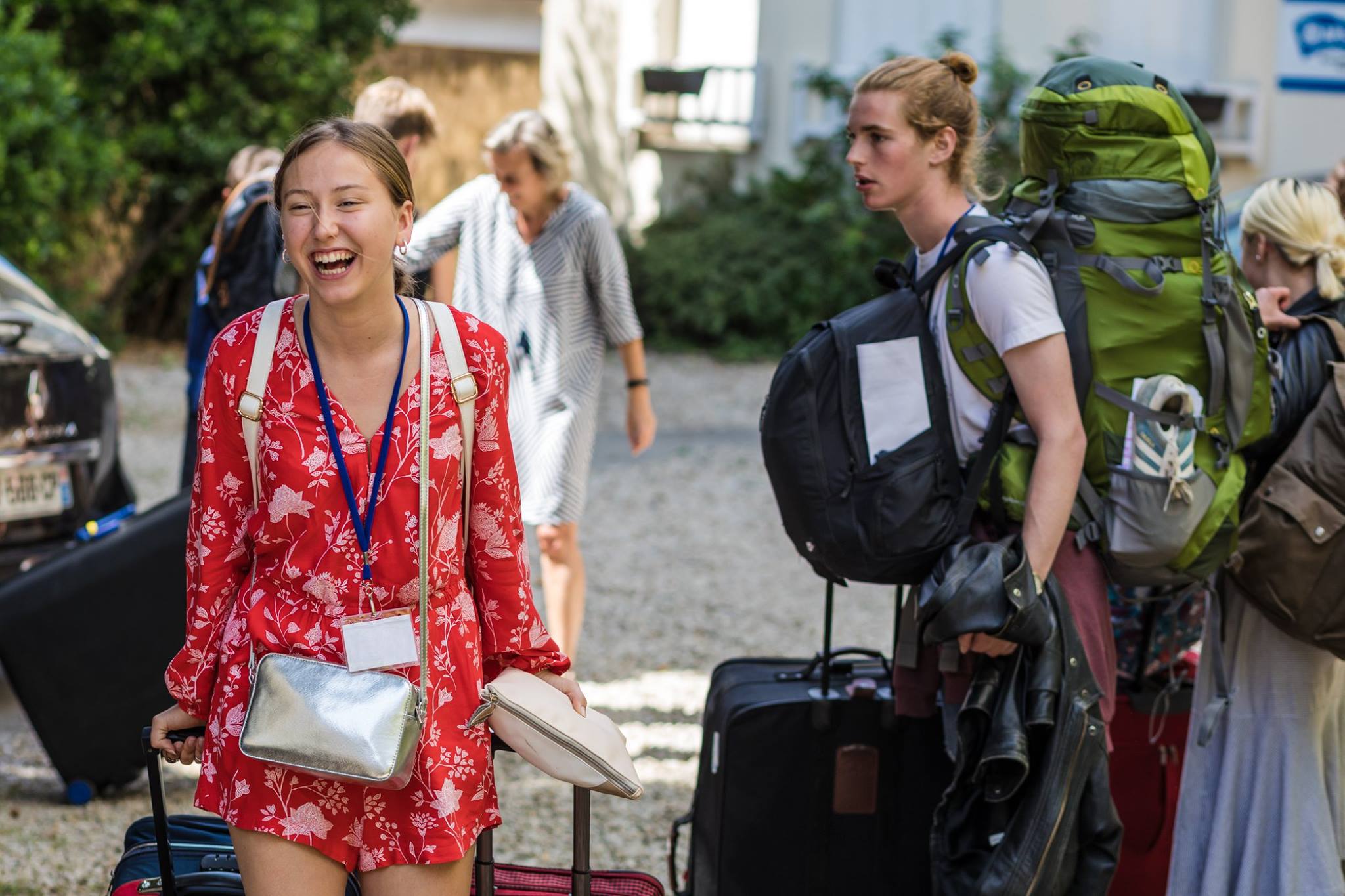
Learning mobility of students and teachers in key to promote and advance internationalisation of schools.
For students, spending a learning period abroad can be a life-changing experience, helping develop critical skills – such as intercultural competence – and contributing to the development of European and global citizens.
For teachers, learning mobility offers the opportunity to develop professionally, getting to know new pedagogical practices and increasing cooperation between peers.
For schools, learning mobility promotes cross-border cooperation and sharing of good practices, further innovation, and increased staff motivation and community engagement.
Individual Pupil Mobility
Individual Pupil Mobility is one of the main learning mobility opportunities for pupils, providing them with the opportunity to study for a period of time in a different country and to experience the culture of the country hosting them.
Specifically, long-term individual pupil mobility is an educational programme for 14-18 year olds which:
- is a school–pupil exchange;
- involves individual pupils (rather than groups of pupils);
- is organised by any provider (public, non-profit or for-profit sector providers);
- is organised for periods of 2-3 months and up to a full school year;
- foresees local school attendance abroad, usually in the host country language (and not only the attendance of a language course);
- foresees any living arrangement (any type of host family, boarding school, hostels);
- In addition, individual pupil mobility programmes are temporary, and pupils return to their home country at the end of the exchange.
Individual Pupil Mobility programmes have the potential to become transformative experiences for students, and combine at least four different aspects – international, intercultural, linguistic and curricular. The length of the programmes – ranging between three months and up to one year – provide an extended intercultural learning experience, long enough to lead participants through a “values crisis” and help them to overcome it: becoming somewhat fluent in the host country language is part of this learning journey.
The story of individual pupil mobility programmes
The first secondary school pupil exchanges were introduced by educational and volunteer-led associations at the end of the 1940s, building on the experience of university student exchanges and short-term youth exchanges. Non-profit organisations like AFS started these mobility programmes with the main aim to provide opportunities for youth across countries and cultures to meet and develop mutual understanding for a more just and peaceful world.
In the following years, more non-profit and for-profit organisations started offering long-term pupil exchange programmes. In the European context, in 2009 an individual pupil mobility action was integrated within Comenius – the EU funding programme for school education 2007-2013, following a pilot project led by the European Federation for Intercultural Learning (EFIL). This action was then integrated in the Erasmus+ programme 2014-2020.
The new Erasmus+ programme 2021-2027 put a special focus on increasing pupil mobility opportunities. Individual pupil mobility has thus been taken up by the European Union as a tool for promoting European citizenship and internationalisation of school education and as a key element to advance towards the European Education Area by 2025.
Do you want to know more? Member States Analysis – Expert Network on Recognition of outcomes of learning periods abroad in general secondary education
Class Exchanges
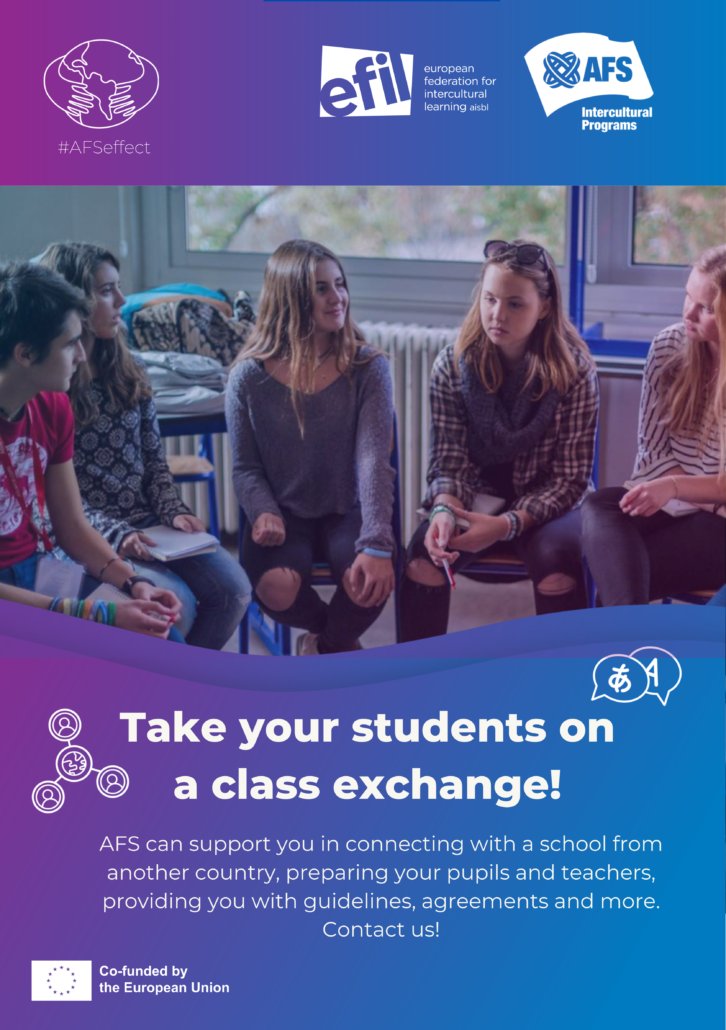
Besides Individual Learning Mobility, there are other learning mobility programmes that offer students the opportunity to experience other cultures, such as class exchanges. A class exchange is a reciprocal intercultural exchange of 1 to 2 weeks for two groups of 10-20 students and 1 or 2 teacher(s) from two schools from different countries. Class exchanges are done between students of the same age, in the range of 11 to 18 years old. During their mobility period, students attend school and follow a programme set in collaboration with the hosting school.
Afterwards (usually after a few months), students and teachers who hosted will be the ones travelling and visiting the partner school.
Why taking part in a class exchange programme?
By visiting a new country, a new school, and living with a family abroad, both your students and your teachers will have the opportunity to have an intercultural experience that enriches and encourages their international understanding and their awareness of sharing common values, while enhancing their feeling of global citizenship. Teachers will also have the opportunity to learn from the school system of their host country, share best practices with colleagues and grow professionally.
Are you interested in taking part in a class exchange programme? Contact the AFS organisation in your home country!
Cooperation between schools and non-profit pupil mobility organisations to promote E+ student mobility
Cooperation between schools and pupil mobility organisations is the key to guaranteeing that the objectives of an IPM project are achieved and that the process goes easily and smoothly, generating the maximum positive impact for the young participants and the entire community of sending and hosting schools involved.
In the period 2020-2022, EFIL coordinated the Erasmus+ project Expanding Learning Mobility (ELM), that brought together non-profit pupil mobility organisations and schools from four countries: Belgium, France, Latvia and Spain. The project partners worked together on a cooperation model between schools and non-profit pupil mobility organisations to outreach to young people with fewer opportunities and offer them Erasmus+ pupil mobility projects centred around intercultural learning and non-formal education. Thanks to the project, 12 students had the opportunity to study a period abroad within Erasmus+ in 2020-2021.
Currently, AFS cooperates with schools to expand access to learning mobility through Erasmus+, acting both as sending organisations and as support organisations for schools engaged in E+. In 2022, 11 students had the opportunity to spend a learning period abroad between three months and one year through Erasmus+ thanks to AFS. In 2023, this number increased up to 31.
Are you an educator interested in internationalisation of schools and individual pupil mobility? Are you a student looking for an opportunity to spend a learning period abroad through Erasmus+? Contact the local AFS organisation in your home country!
Guidebook to individual pupil mobility with underprivileged audiences
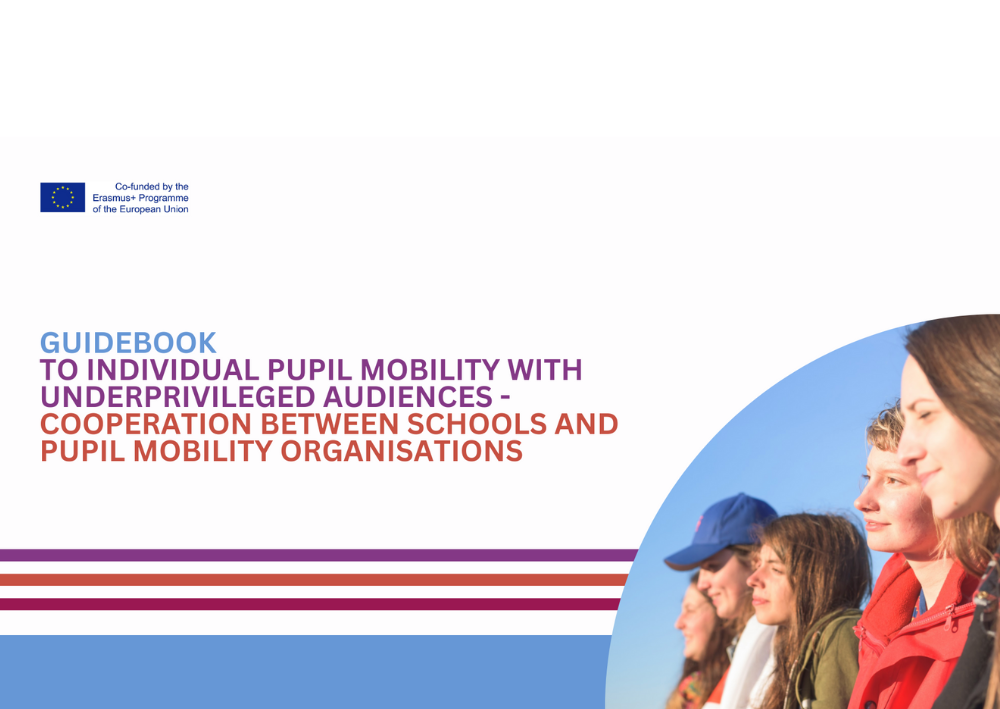
In the frame of the ‘Expanding Learning Mobility’ project, the ‘Guidebook to individual pupil mobility with underprivileged audiences – cooperation between schools and pupil mobility organisations’ was developed. It aims at helping schools to cooperate with pupil mobility organisations to effectively promote, support, recognise and leverage this experience, particularly among less advantaged pupils.
Cooperation Model Schools & Pupil Mobility Organisations
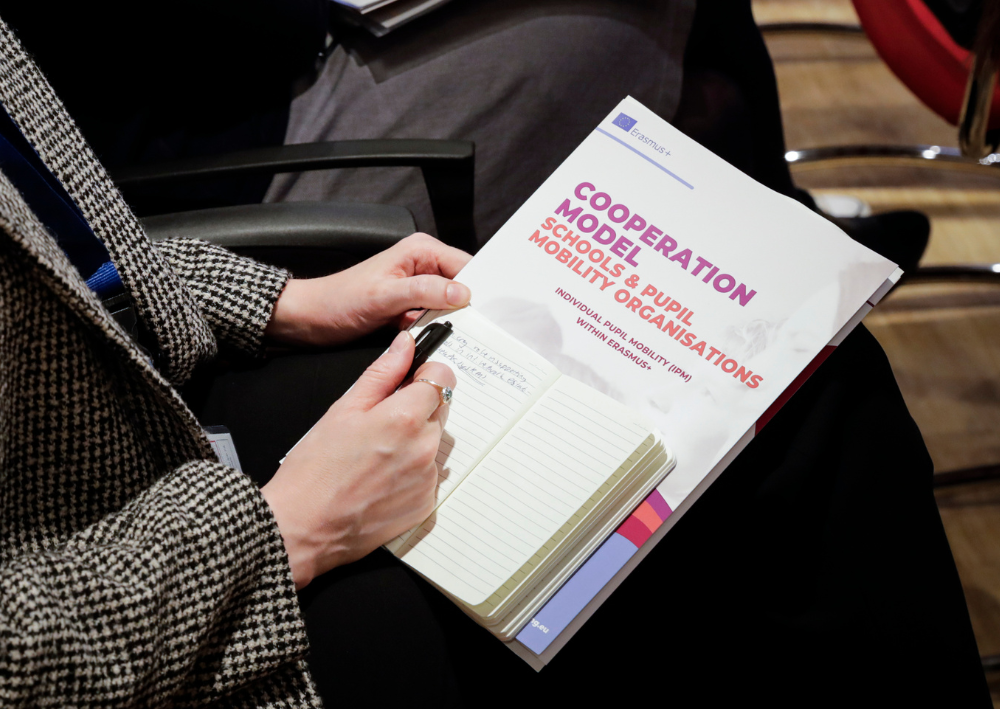
Following the experience of the ‘Expanding Learning Mobility’ project, the projet partners developed a Cooperation Model aimed at helping schools to cooperate with pupil mobility organisations to effectively promote, support, recognise and leverage this experience, particularly among less advantaged pupils.
